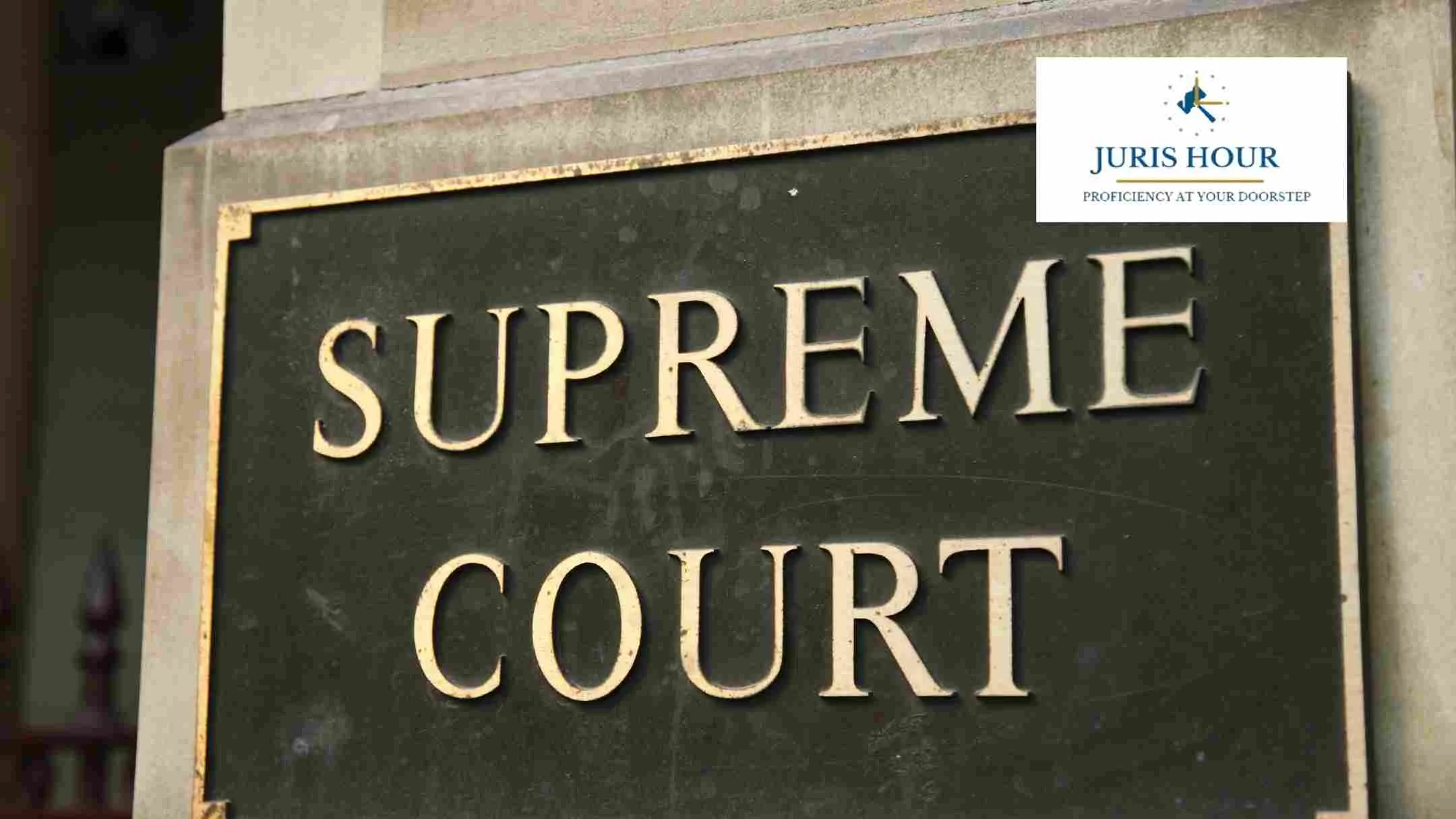The Supreme Court of India has quashed a controversial ruling by a state High Court that had granted anticipatory bail to a man on the condition that he “resume conjugal life” with his estranged wife. The apex court observed that such a condition was inappropriate, unenforceable, and legally unsound.
Background of the Case
The man had approached the High Court seeking anticipatory bail after his wife filed a complaint under Section 498A of the Indian Penal Code—a law that deals with cruelty against women by their husband or his relatives.
In its ruling, the High Court had granted the man interim bail, but added a startling condition: he must agree to live with his wife and resume conjugal relations. The order sparked criticism from legal experts and women’s rights groups alike.
Supreme Court’s Response
A bench led by The Chief Justice B.R. Gavai and Justice Sandeep Mehta set aside the High Court’s order, calling the bail condition “grossly inappropriate and violative of personal autonomy.”
The justices emphasized:
“A court cannot force an individual to enter or continue a conjugal relationship as a prerequisite for bail. Such a condition infringes on the fundamental right to privacy and bodily autonomy.”
The apex court noted that marital relationships, particularly those under legal strain, cannot be made a tool for judicial bargaining in bail matters.
Legal Observations
- The court reaffirmed that bail jurisprudence must focus on legal grounds such as flight risk, evidence tampering, and cooperation with investigation, not personal or intimate matters.
- It held that imposing such conditions may amount to judicial overreach, infringing on the rights of both spouses.
- The bench emphasized that conjugal relations cannot be enforced by law, especially in cases where allegations of domestic cruelty are involved.
Expert Commentary
Legal analysts praised the Supreme Court’s move as a corrective step against the misuse of bail provisions:
“A High Court setting a condition that forces conjugal cohabitation as a requirement for bail is not only unethical but constitutionally unsustainable,” said Delhi-based senior advocate Meena Menon.
Key Points Summary
| Issue | Details |
|---|---|
| Law Involved | IPC Section 498A (Cruelty by husband/relatives) |
| High Court’s Condition | Resume conjugal life to get anticipatory bail |
| SC’s Verdict | Overturned the condition as unconstitutional |
| Bench Composition | Justice B.R. Gavai and Justice Sandeep Mehta |
| Legal Concern | Infringement of privacy, autonomy, and human rights |
Why This Judgment Matters
- Protects Individual Rights: Upholds personal autonomy in sensitive matrimonial disputes.
- Sets Precedent: Clarifies that courts cannot use personal relationships as leverage in bail decisions.
- Checks Judicial Discretion: Sends a clear message on the limits of judicial power in family law contexts.
Read More: Karnataka Lokayukta Stumbles Upon ₹30 Crore Wealth Belonging to Former Clerk with ₹15,000 Salary

